An adult body consists of 50% to 60% of water. This liquid is vital for our health and it’s crucial for our body to function properly. But how should you drink it — cold or warm, and which is better? Most of us tend to choose a glass of cold water, especially during hot weather, as it tastes better and is more refreshing. But, actually, it is warm water that is proven to be much more beneficial to our health.
We have gathered all the pros and cons of drinking warm and cold water.
Cold water

Cold water is about 45°F to 70°F. It feels good, especially on a hot summer day. As we drink a glass of cold water, adding some ice to it, we feel revitalized. However, it has been revealed that people experience many side effects when they drink cold water.
1. It can upset your digestion.
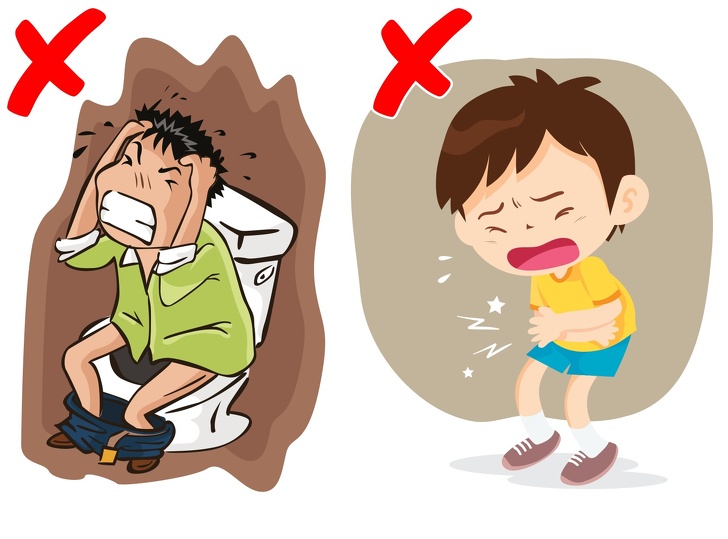
As you consume cold water, your blood vessels shrink, which hinders your digestive abilities. It may lead to stomach upsets, abdominal pain, and constipation.
2. It saps energy.

Your body uses extra energy to warm up cold water in order to bring to the average temperature. This is why you shouldn’t drink ice water unless you want to feel exhausted and unable to complete your daily tasks.
3. It slows your heart rate.
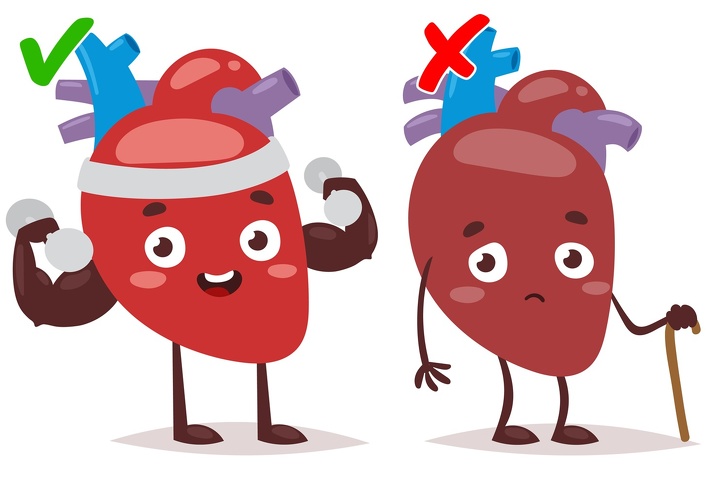
Drinking cold water can cause your heart rate to drop. It stimulates the vagus nerve, which forms an important part of the body’s autonomous nervous system. The low temperature of the water acts as a stimulus for the vagus nerve to lower the heart rate.
4. It creates mucus in your body.

Drinking cold water causes the mucus in your body to expand. Your immune system deteriorates and it may lead to many unpleasant circumstances — from a runny nose to grave illnesses.
Warm water
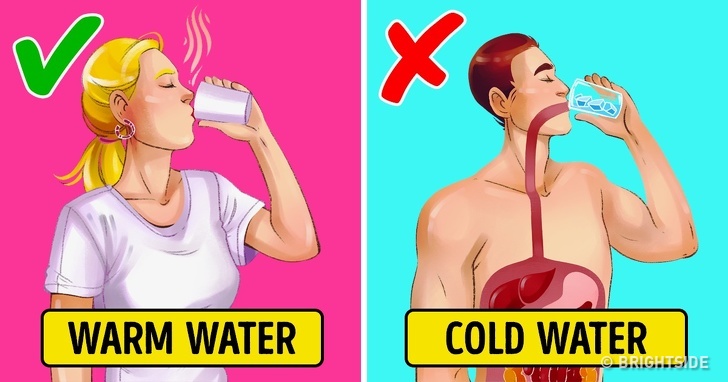
Warm water is 80°F to 106°F. Normally, we don’t tend to drink it this way, as we prefer to drink either coffee or tea at this temperature. But there are actually many benefits of drinking warm water!
1. It detoxifies your body.

Drinking warm water, especially in the morning, will help you flush out toxins in your body that can contribute to numerous diseases. For a stronger effect, add a slice of lemon to the warm water: vitamin C will revive the cells while warm water will detoxify your body.
2. It fights pain.

Warm water has been proven to relieve pain caused by menstruation and headaches. It increases blood circulation and improves the blood flow. If you experience cramps, you should also drink warm water, as it will help the cramped muscles relax.
3. It decreases the level of stress.

It’s not just a hot bath that can make the stress melt away. Try drinking a glass of warm water when you’re feeling stressed. It will help the central nervous system function properly. Cortisol is one of the stress hormones and being dehydrated increases its level. Staying hydrated keeps you more stress-resistant.
4. It helps lose weight.

Drinking any water can help you lose weight, but if you drink warm water, your metabolism will become fully activated. Warm water increases the body temperature and while your body tries to compensate for the difference in temperatures, the calories start burning.
5. It improves blood circulation.
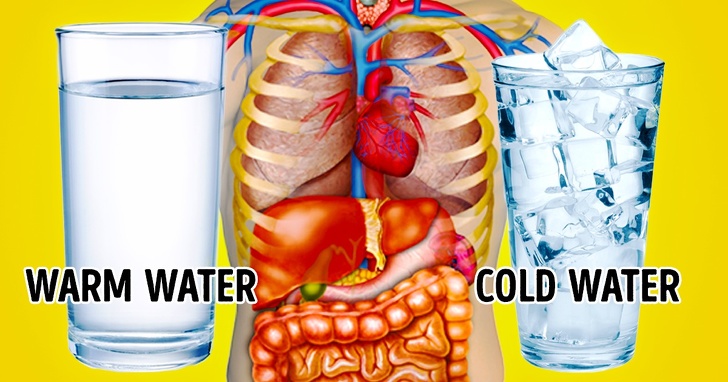
Cold water is known to close up your veins while warm water helps the blood flow freely. Healthy blood flow is known to affect many aspects of your body, from blood pressure to a risk of cardiovascular disease.
6. It helps digestion.
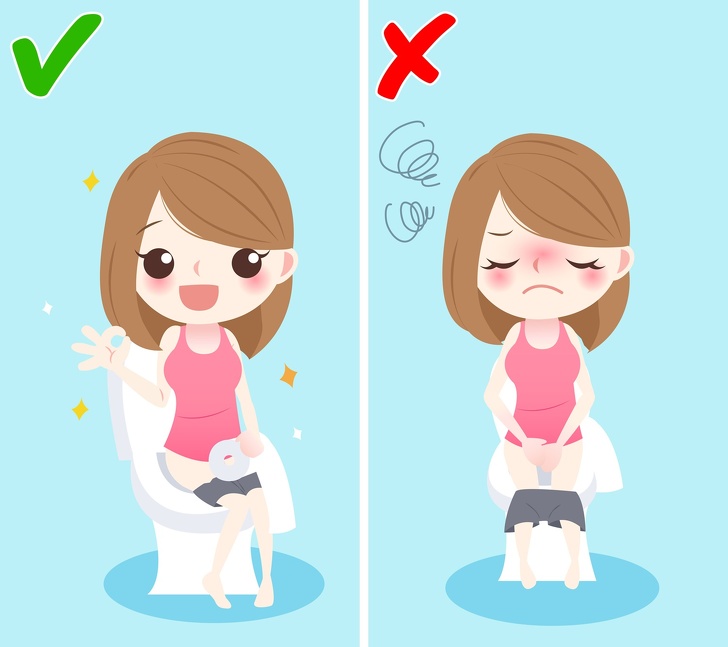
Many of us experience problems when going to the toilet when there’s little or no bowel movement. Dehydration is one of the most common causes of constipation, so water, in general, stimulates the bowels. Warm water has been proven to be even more effective in improving bowel moment.
7. It halts premature aging.

Aging prematurely is one of the worst nightmares for women. Moreover, the increasing presence of toxins in a woman’s body can make this nightmare come true. Warm water can help your body flush away toxins.











